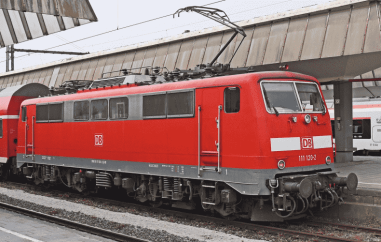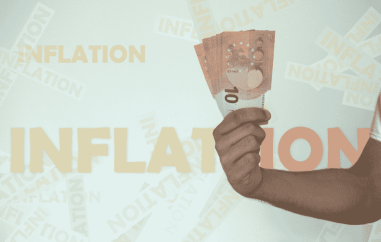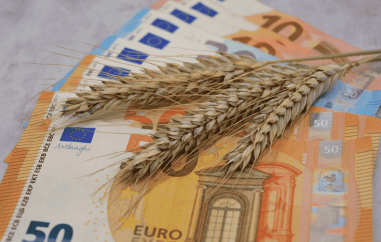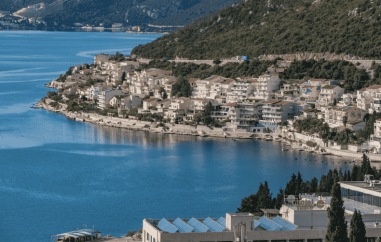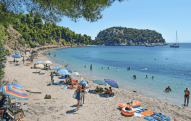German led bailout: Act IV
We think we know how it ends because we have seen this play before. And we are in all likelihood correct. The government of (insert country here) says that its financial situation is solid after austerity measures, 'haircuts' and other means of reduction. The austerity measures were taken because the government and people of this less developed and less diverse economy lived beyond their means. They lived beyond their means partly because in today's Information Age, people expect results instantaneously and they are not very accurate in predicting how much effort, planning and most importantly time, go into producing the desired results. They wanted to have in a decade what other parts of Europe took two generations to build up.
Now that the pipelines of money to Ireland, Portugal and Greece have been steadied to a flow that most Germans find palatable, though not very tasty, the groundwork for a 'super pipeline' is being laid as we speak. The government of Spain, laying the foundation for this pipeline, has declared that its finances are in order. The citizenry, not at all convinced that such stark spending cuts are necessary, have begun to take to the streets. Unemployment is epidemic, especially among the young. Government services like education and health are being reduced to critical levels. Investors are leery. A new EU backed rating system is in the offing, to reassure (hoodwink?) investors, but it is woefully too little too late. Let the money flow. Here we go again.
But the German public has more or less resigned (or is totally tired and uninterested) itself to the fact that in order to continue to sell its products to the rest of the world, a certain bit of money must flow to these other unstable EU countries. This is, after all, socialism on a European scale. They have come to realize that without these cash-strapped countries the Euro would become too high, and this would mean markets would find German products too expensive to buy. The PIIGS (Portugal, Ireland, Italy, Greece and Spain) have or will at some time or another come to the trough that is Germany, France and a few smaller EU countries for cash infusions, to help prop up their banks and keep them from spiraling totally out of control from their swollen debts. Nicolas Sarkozy may lose his election for his contributions to the trough (unless he can find some extra gypsies camping around Paris which he can expel), and then Angela Merkel will have to go it alone.
This much is clear. What is unclear is if the USA economy will recover enough (I think it will) to help compensate for the slowing of growth in the BRIC countries (Brazil, Russia, India, and especially China). If so, then the USA may be able to purchase enough German goods to offset the losses from the BRIC bloc. If the American economy does not grow enough, expect Chancellor Merkel to turn off the money to other EU countries very quickly to appease what is sure to be an increasingly agitated public.
Last summer, Germans joked about receiving an island from Greece for their bailout to Athens. This summer they will say the same about Majorca from Spain. But they will get neither, and perhaps next year the talk will be about Sicily. In any case, there should be some very low travel prices to all three this year.

